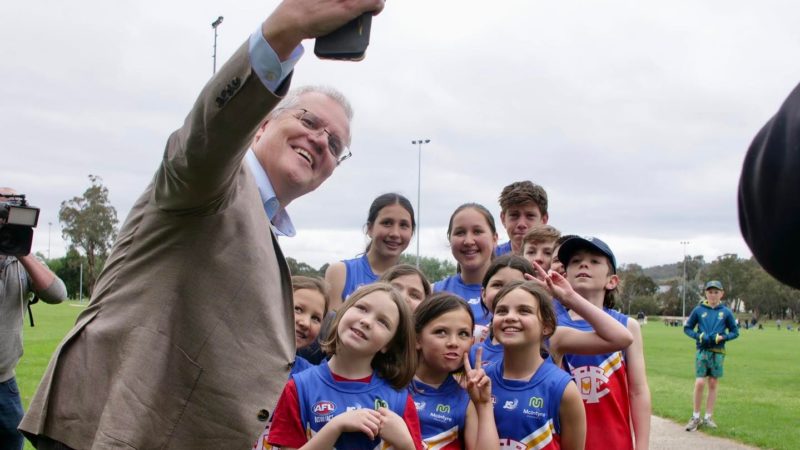Digital accountability to improve the mental wellbeing of young people won’t work
Forget the cyberbullying and anti-trolling laws: prevention is better than the cure, writes The Creative Collective founder Yvette Adams.
This month, Australian prime minister Scott Morrison proposed new laws calling for stronger accountability from multinational technology companies in a bid to prevent anonymous online trolls targeting vulnerable people, and to aid defamation cases.
Under the current legislation, social media companies are not considered to be the publishers of the material posted to their platforms. If a user makes defamatory comments on a Facebook page, for instance, legal responsibility lies with the owner of the page.


